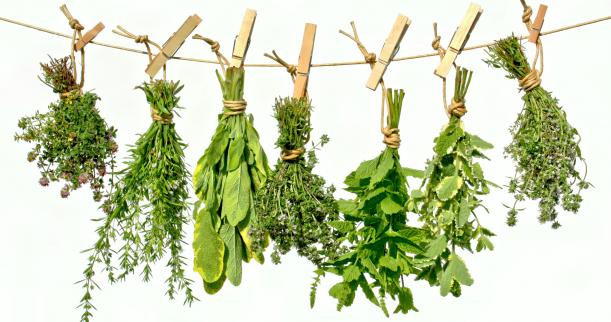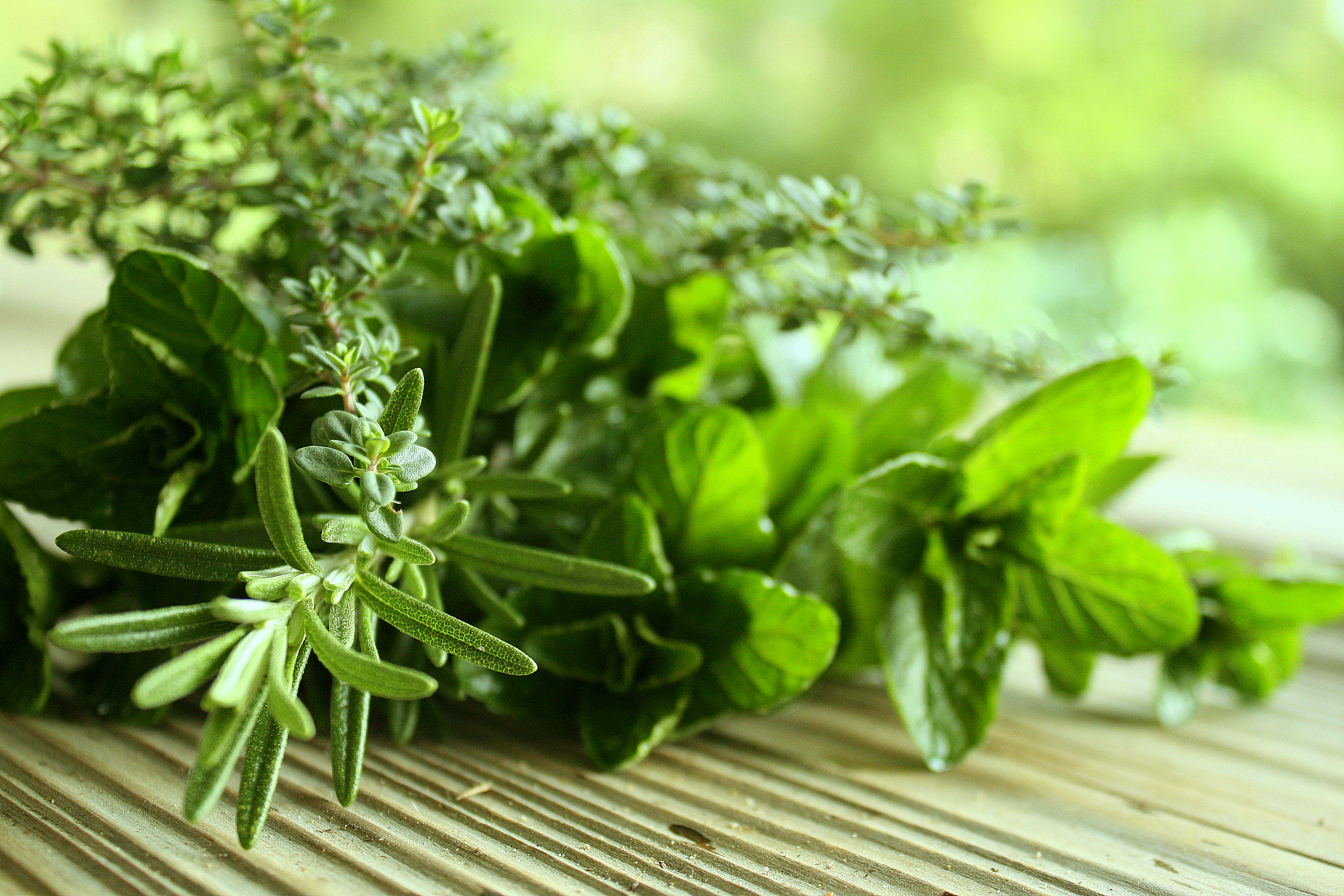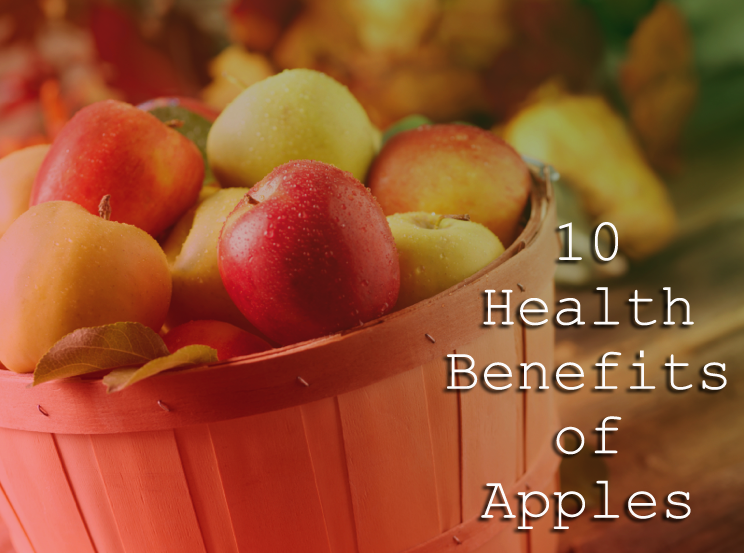You can grow your own medicinal plants!
There are dozens of plants that provide some pretty amazing herbal remedies and treatments. Many of these plants grow in the wild, but there are many that you can plant in your own backyard. You’ll have them handy any time you are feeling ill or under the weather, and it will provide you with all the remedies and treatments you need to stay healthy!
Here are a few medicinal plants you can easily grow in your garden:
- Aloe vera is amazing for burns, wounds, and sunburns, as well as colitis, digestive problems, and constipation. It’s easy to grow in a sunny place with drained soil!
- Great burdock is a wonderful detoxifying plant that can help to purge poisons, heavy metals, and toxins from your body, as well as deal with skin conditions like rashes, bruises, and acne.
- Marshmallow root is used to treat urinary tract infections, reduce the production of stomach acid, and improve gastritis and peptic ulcers. You can also apply it to bug, mosquito, and spider bites, as well as use it to treat aching muscles, sprains, and bruises.
- Gotu kola helps to promote connective tissue development, stimulates your stomach to heal ulcers, strengthens capillaries, and reduces the risk of skin injuries. Using a poultice of crushed gotu kola leaves will revitalize your nervous system and deal with venous insufficiency. It’s one of the lesser known medicinal plants, but a great one.
- Chamomile is a soothing herb that makes a wonderful tea! It can treat stomach aches, earaches, toothaches, neuralgia, and shoulder pain.
- Echinacea helps to increase your resistance to viral and bacterial infections, stimulates your immune system, relieves allergies, and can be used as a treatment for wounds, burns, and sores.
- Siberian ginseng can help to deal with age-related weakness, the symptoms of menopause, stress, angina, insomnia, high cholesterol levels, appetite problems, and inflammation in your body.

READ MORE: 10 Herbs for Headaches
- Sea buckthorn is an effective treatment for coughs, helps to improve digestion, improves circulation, and can manage pain. The leaves and branches can be used to deal with digestive problems, such as diarrhea. The flowers can soften the skin, and the berries can help to treat heart disease, metabolic disorders, and pulmonary conditions.
- Lemon balm is more than just a pleasant-smelling herb, but the leaves contain nectar that can be used as a topical treatment for herpes, gout, insect bites, and sores. Crushing the leaves and rubbing the oil onto your skin makes for an awesome mosquito repellent.
- Tea tree leaves can help to relieve headaches (chewing on the leaves). When compressed, the leaves produce tea tree oil, which helps to treat cystitis, acne, skin infections, thrush, vaginal infections, warts, minor burns, insect bites, and so much more!
- Peppermint makes a delicious tea that can help to soothe an upset stomach, reduce IBS, improve digestion, decrease flatulence, treat spastic colons, and inhibit the growth of bacteria. It can even be used as a treatment for fevers!
- Ginseng is one of the most potent herbal remedies in the world, and it can improve blood flow, encourage hormone production, lower blood sugar and cholesterol, boost immunity, and so much more!
- Evening primrose can be made into a poultice to apply to bruises and piles, and evening primrose tea can treat bowel pains. When crushed and the oil extracted, it can be used to treat eczema, acne, brittle nails, rheumatoid arthritis, and multiple sclerosis.
- Sage can help to deal with indigestion, liver complaints, flatulence, excessive salivation and perspiration, depression, anxiety, and sterility. Talk about an amazing remedy!








